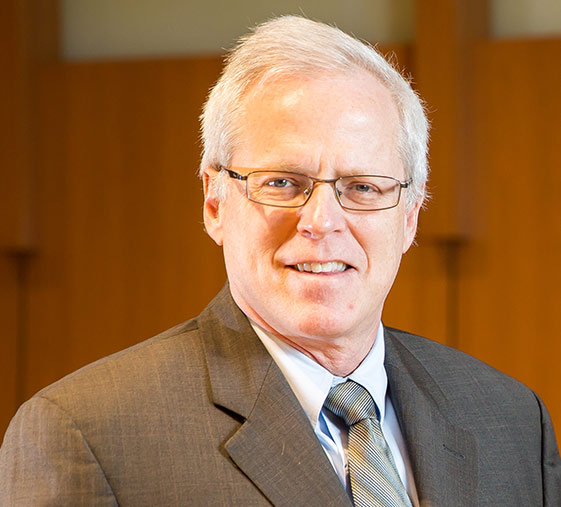
|

|
Steven M. DavisShareholder |
PracticesEducation
Bar Admissions
|
Mr. Davis practices primarily in the area of business-related litigation including condominium and homeowner association litigation, bankruptcy, foreclosures, collections, partnership disputes, as well as intellectual property law. He has chaired numerous cases before judges, juries, and appellate panels. Mr. Davis has also gained considerable expertise in timeshare litigation. Prior to law school he spent several years at IBM Corporation as a computer programmer and is often called upon for his technical expertise in technology-related matters. Combining his technical expertise with his legal skills has proved to be invaluable when serving as an expert witness on attorney’s fees. Mr. Davis has qualified and testified in state court and federal court as an attorney’s fee expert. Mr. Davis is a Florida Supreme Court Certified Mediator. Mr. Davis mediates all litigation matters including homeowner disputes, intellectual property, commercial disputes, and personal injury matters. He is also an Adjunct Professor at Florida International University. He has been named top “Up and Comer” in South Florida 2003 and 2004 in the South Florida Legal Guide. EXPERIENCE
RECOGNITION
|
| © 2024 Becker & Poliakoff | beckerlawyers.com |